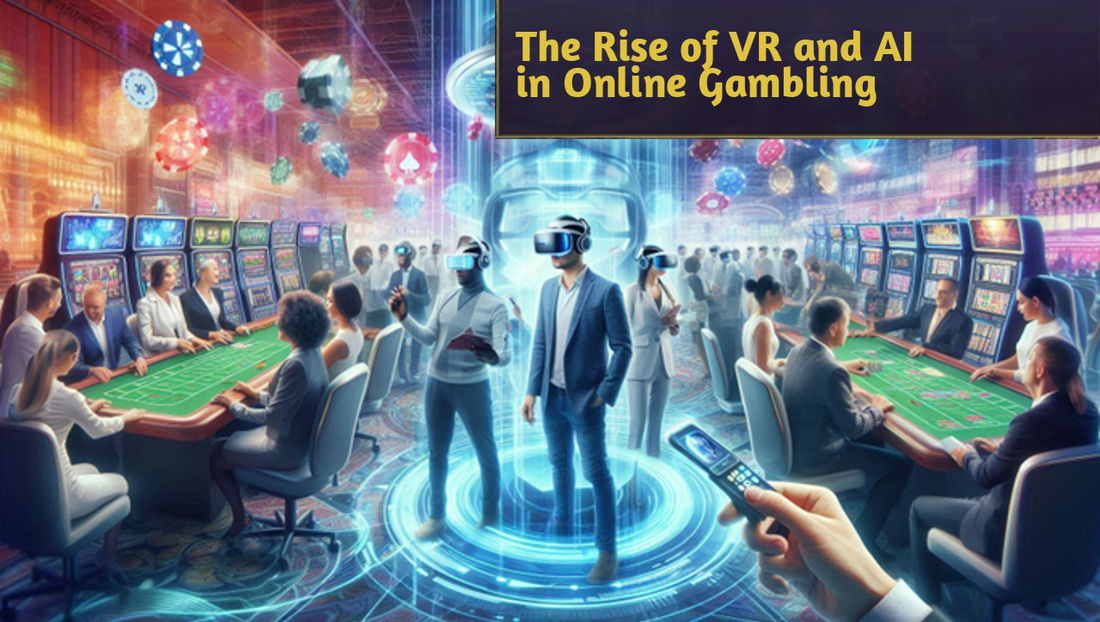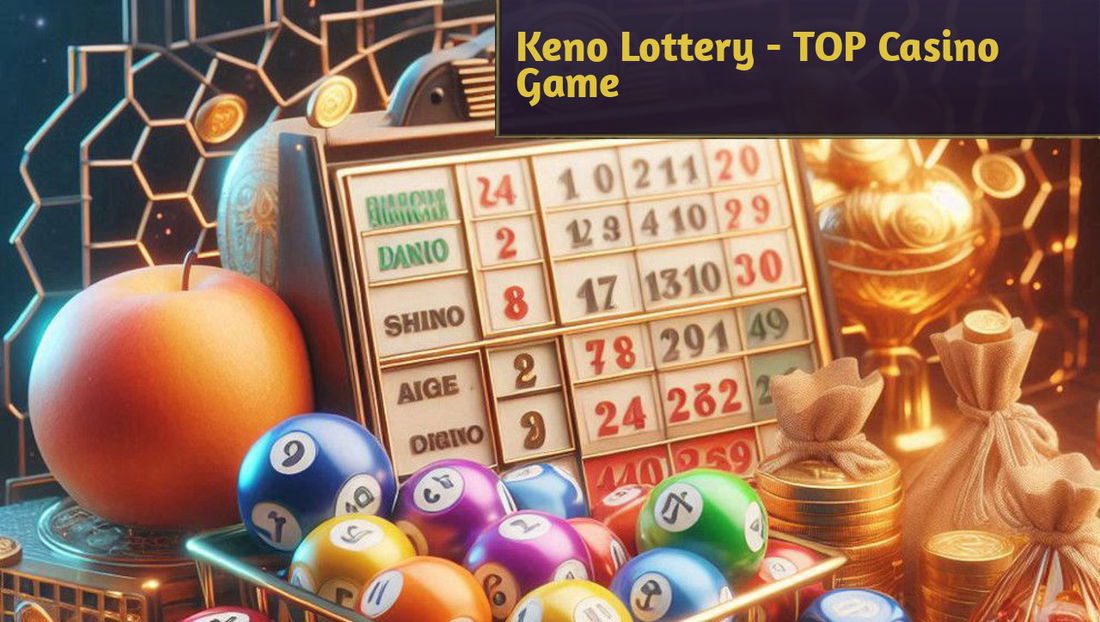Trading card games have reached a turning point. Players want transparency. They want value they can track, own, and trade without fear of tampering. On-chain casinos already deliver that. The question now is simple: what can card game creators learn from platforms that run on code, not trust? The answers could reshape the next wave of card-based competition.
Smart Contracts and Trustless Mechanics
In most digital trading card games, rule enforcement relies on internal servers and developer oversight. Game logic, card interactions, and match results run on systems controlled by the publisher. Players must trust that everything functions as intended and that no unseen errors or biases interfere with the outcome.
On-chain casinos have already replaced that kind of dependency. They use smart contracts to manage wagers, outcomes, and payouts without human involvement. Trading card games can do the same. By putting rules on-chain, developers allow players to verify every move, every trigger, every win. Trust becomes a feature of the system itself.
Transparent Economies and Tokenized Assets
Casino platforms built on-chain don’t hide how their economies work. Users can see the supply of tokens, track ownership, and monitor every transaction. Value flows openly. Scarcity isn’t a mystery. That kind of clarity builds confidence and keeps users engaged longer.
Trading card games often rely on opaque pack odds and shifting markets. But that can change. Developers can tokenize individual cards, making the supply visible and traceable. Players could verify rarity in real time and trade with full knowledge of what they’re holding. An open economy invites smarter decisions and brings real value to digital collections.
Provably Fair Algorithms for Pack Opening
Players lose interest when they suspect card packs are rigged. Most digital trading card games keep drop rates and pack algorithms hidden. That secrecy creates distrust, especially among competitive or high-spending players who expect consistency.
On-chain casinos solved this with provably fair systems. Every spin, shuffle, or roll is recorded and traceable. Trading card games can also adopt this approach. Pack openings could rely on visible algorithms where results match verifiable inputs. Platforms like Solpump highlight how transparency in randomness can strengthen user confidence. The same logic applies to cards. Let the code prove the outcome.
On-Chain Rewards and Yield Mechanics
On-chain casinos offer more than quick outcomes. Many reward users for holding tokens, contributing liquidity, or staying active over time. These systems give value back to players. Time spent becomes part of the reward structure, not something lost between games.
Trading card games can build similar systems. Instead of relying only on match wins or daily logins, developers can create rewards for long-term engagement. Holding rare cards, building consistent rankings, or supporting the ecosystem early could unlock new value. When players earn through consistent involvement, loyalty becomes a choice backed by meaningful incentives.
NFTs, Interoperability, and Cross-Platform Usage
On-chain casinos use non-fungible tokens (NFTs) to represent in-game assets, rewards, and player achievements. These NFTs are not locked inside one system. Players can move them between platforms, use them in partner games, or trade them on public marketplaces. Ownership becomes flexible and portable.
Trading card games can follow the same path. A tokenized card should not be confined to a single app or client. It could appear in companion games, digital showcases, or external marketplaces. This flexibility gives players more control. A rare card carries more weight when it holds real utility across multiple environments.
Community Governance and DAO-Style Engagement
Many on-chain casinos give users a voice in how the platform evolves. Token holders vote on changes, suggest features, or help shape reward systems. This kind of governance creates strong ties between users and the platform. People stay engaged because they influence what comes next.
Trading card games can do the same. Players could vote on tournament formats, balance updates, or new card mechanics. Instead of reacting to decisions, they help make them. This builds trust and reduces friction. When players help steer the direction of the game, they feel invested in more than just the outcome of a match.
Security, Audits, and Bug Bounties
On-chain casinos depend on smart contracts to handle real assets. One exploit can lead to major losses. That’s why the best platforms invest in code audits, stress tests, and bug bounty programs. These steps uncover weak points before they cause damage.
Trading card games using blockchain must take the same precautions. A flawed smart contract could freeze assets or break core game mechanics. Regular third-party audits and open bounty programs show that developers take security seriously. Trust grows when players know the system is being tested, improved, and protected with every update.
Regulatory Compliance and KYC/AML Practices
On-chain casinos often operate in high-stakes environments. They deal with real value and face legal scrutiny. Many platforms require identity checks and follow anti-money laundering rules. These systems protect users and help platforms stay legally sound.
Trading card games that integrate blockchain features should prepare for the same level of responsibility. Tokenized assets, player-to-player markets, and reward systems can raise regulatory questions. Building with compliance in mind from the start helps avoid future roadblocks. It also signals to players that the platform is stable, legitimate, and ready for long-term growth in a changing legal landscape.
Wrapping Up
Blockchain casinos have already solved problems that digital trading card games continue to face. They offer transparency where others rely on guesswork. They build trust through visible systems, not hidden mechanics. Every part of the experience becomes something players can verify and control.
Trading card games that embrace these lessons will lead the next evolution of the genre. Fairness, ownership, and player involvement used to feel out of reach. Today, they are within range. The tools are already here. The real question is which developers will use them to build something players can believe in.










— Comments 0
, Reactions 1
Be the first to comment